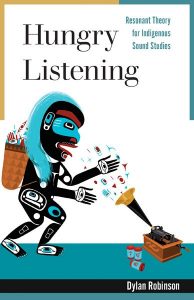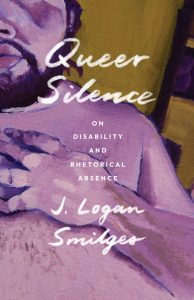Sonically-attuned monographs by Cluster Affiliates
Alexander J. Fisher
Music, Piety, and Propaganda: The Soundscapes of Counter-Reformation Bavaria. Oxford. 2014.
Music, Piety, and Propaganda explores the nature of sound as a powerful yet ambivalent force in the religious struggles that permeated Germany during the Counter-Reformation. Going beyond a musicological treatment of composers, styles, and genres, the book examines how music and sound shaped the aural landscape of Bavaria as the duchy emerged as a militant Catholic bulwark.
Alexander J. Fisher
Music and Religious Identity in Counter-Reformation Augsburg, 1580-1630. Routledge. 2004.
This book explores the relationship between music and religious identity in Augsburg during the sixteenth century.Using a wide variety of archival and musical documents, Alexander Fisher offers a holistic view of this musical landscape, examining aspects of composition, circulation, performance, and cultural meaning.
Hedy Law
Music, Pantomine & Freedom. Boydell and Brewer. 2020.
This book explains the relationships between music, pantomime and freedom in pre-Revolutionary France. It argues that composers and performers recognized their agency when they attempted, from the 1730s through the end of the Old Regime, to revive a lost art called ‘pantomime’ for their compositions.
Dylan Robinson
Hungry Listening: Resonant Theory for Indigenous Sound Studies. University of Minnesota Press. 2020.
Hungry Listening is the first book to consider listening from both Indigenous and settler colonial perspectives, presenting case studies on Indigenous participation in classical music, musicals, and popular music. A critical response to what has been called the “whiteness of sound studies,” Dylan Robinson evaluates how decolonial practices of listening emerge from increasing awareness of our listening positionality.
J. Logan Smilges
Queer Silence: On Disability and Rhetorical Absence. University of Minnesota Press. 2022
While silence is often linked to voicelessness, complicity, and even death in queer culture, Queer Silence insists that silence can be a generative and empowering mode of survival. Triangulating insights from queer studies, disability studies, and rhetorical studies, J. Logan Smilges explores what silence can mean for people whose bodyminds signify more powerfully than their words.




